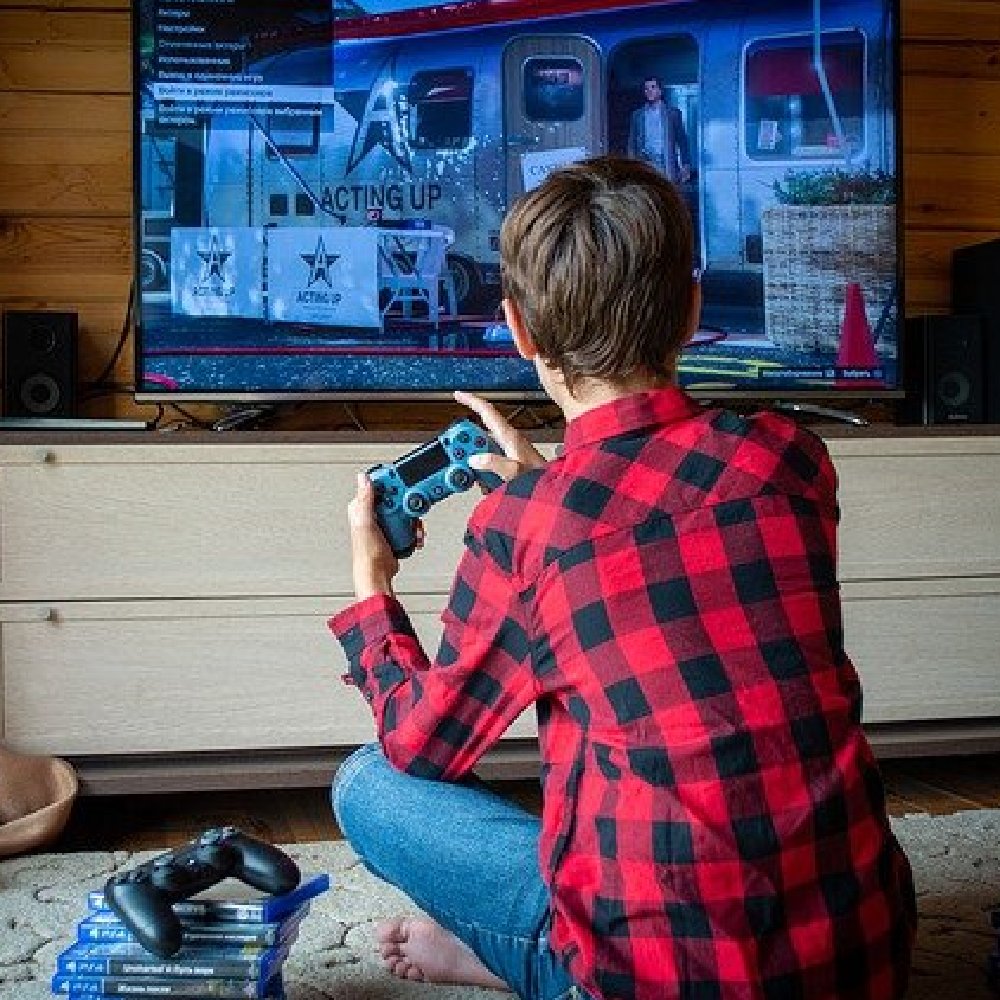Teens who love gaming are notoriously hard to get engaged with their studies. I like to call them ‘Xbox Boys’ and I see them all the time in my work as an academic coach.

Here are five top tips to get them engaged with their learning.
1. Work with them to set healthy boundaries
When your teen isn’t in the middle of a gaming session, and they’re looking calm and relaxed, broach the subject of healthy boundaries around their gaming habit. You could talk to them about how many hours per day it’s reasonable to be gaming and what times of day. It’s best coming from them – so try to get them to give suggestions and they’ll be more bought in to what you agree.
2. Use gaming as a reward
Bad habits often set in during the first years of secondary school when students are set less homework leaving teenagers thinking they have right to do want they want. However, when they get into the GCSE years the demands on their time outside school suddenly increase.
Use the analogy that you only get paid after you go to work. And explain to them that they need to do the work before they get to do the things that they want to do. Basically, gaming is their reward for their effort in their studies.
3. Learn from gaming to make revision more interesting
Many students are bored and demotivated by their revision. If they’re feeling this way, it’s a sure sign that they’re doing it wrong. Students can learn from games to make their revision more interesting. For example, games hold people’s attention because they make people work at the top end of their skill level. It’s this combination of challenge and skill that students need to bring their revision to life. That means not reading their notes over and over again until their eyes gloss over but challenging themselves to remember a certain number of facts and testing themselves or writing a practice exam answer that involves deep thought.
4. Gamify revision
Part of the reason that games are so addictive is that they give gamers frequent dopamine hits – this is the reward chemical in our brains that keeps us coming back for more. Get your teen to think about how they can get more dopamine hits from their studies. A simple way is to give themselves frequent rewards. Parents can contribute by praising all and any effort they put into their studies.
5. Celebrate the skills they get from gaming
Gaming teaches young people problem solving skills. They are presented with problems and have to try various ways to get around that problem until they succeed. Help them to identify the skills they’ve developed through gaming and see how these skills will help with their studies.
It’s never going to be easy to get teen gamers enthusiastic about their studies. As a parent stay strong, enforce the boundaries and give rewards.
Lucy Parsons is the founder of Life More Extraordinary Academic Coaching Ltd.

